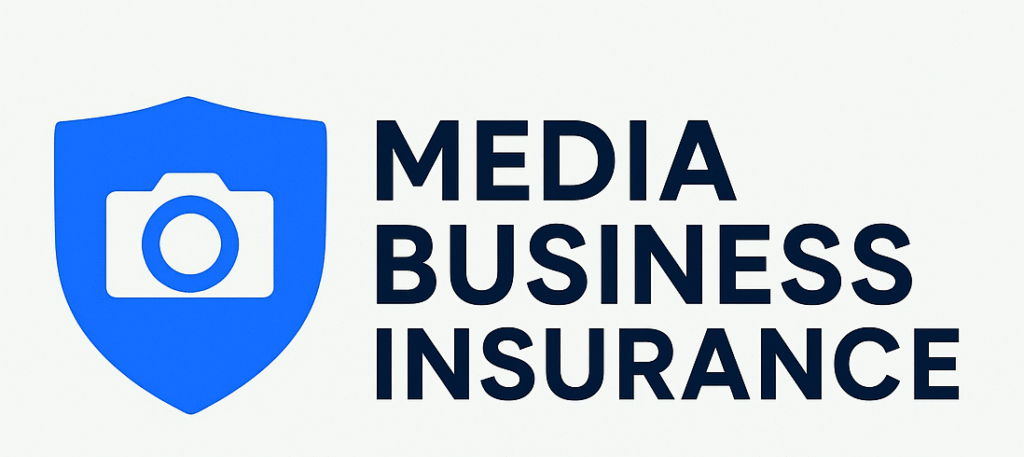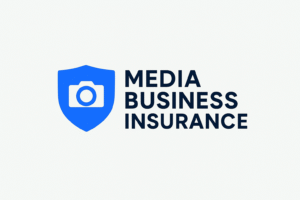The Cost of Film Equipment Damage Without Insurance: A Guide by Media Business Insurance
Film equipment is the backbone of any successful production, whether it’s a movie, documentary, or commercial. From cameras and lighting gear to audio equipment and tripods, every piece plays a critical role in creating the perfect shot. Unfortunately, these tools are not invincible. Accidents, mishaps, and unforeseen events can lead to equipment damage, and without proper insurance coverage, the financial consequences can be devastating. In this blog post, Media Business Insurance will delve into the potential costs of film equipment damage and why having the right insurance is crucial for your production company.
The Financial Impact of Film Equipment Damage
Film equipment can be very expensive, and even a small accident can lead to significant costs. Here are some of the potential financial impacts of film equipment damage without insurance:
1. Replacement Costs
The most obvious consequence of damaged equipment is the cost of replacing it. High-end cameras, lighting rigs, and other essential tools can easily cost thousands of dollars each. For instance, a professional-grade camera like the ARRI Alexa can cost anywhere between $50,000 to $80,000. If your equipment is not insured, you will have to pay the full price for a replacement, which could be financially crippling for a production company, especially for independent filmmakers on a tight budget.
2. Repair Costs
While some equipment may be repairable, the costs of repairing advanced machinery can be high. For example, a camera lens that is damaged might cost several hundred dollars to repair, depending on the severity of the damage. If the damage is more extensive, such as a cracked camera sensor or broken motor, repairs could be even more expensive. Without insurance, your company will be responsible for covering these repair costs, which can add up quickly.
3. Production Delays
When your equipment breaks down, the production schedule is often delayed. This can result in costly setbacks, especially when you’re working with tight deadlines. For instance, a single day of shooting downtime could cost a production company hundreds or even thousands of dollars, especially when considering the wages of actors, crew members, and the cost of location rentals. Insurance can help cover these costs, but without it, you’re left to handle the expenses on your own.
4. Lost Revenue
When a production is delayed due to damaged equipment, the entire project may be pushed back, leading to potential revenue loss. For example, if your production was set to air on a specific date, a delay could result in missed opportunities for advertising and distribution. Additionally, long-term projects may experience a loss in revenue due to the loss of momentum or the ability to secure new work while the damaged equipment is being repaired or replaced.
Why You Need Insurance for Film Equipment
The costs of film equipment damage can be astronomical, but having insurance can help mitigate these risks. Here are some of the key reasons why film insurance is essential:
1. Peace of Mind
Insurance offers peace of mind, knowing that you have financial protection against the unexpected. Whether it’s a damaged camera during a high-stakes shoot or a malfunctioning light setup, insurance ensures that you won’t have to bear the full financial burden of these incidents.
2. Protecting Your Investment
As a production company, your equipment is one of your most significant investments. Without insurance, a single mishap could wipe out years of hard work and savings. Insurance protects your valuable assets and ensures your business stays afloat, even in the face of adversity.
3. Flexibility in Budgeting
When you know that your equipment is insured, you can allocate your budget more effectively. Rather than setting aside a large sum for potential repairs or replacements, you can invest in growing your business, hiring more talent, or enhancing your production quality.
4. Risk Mitigation
Accidents happen, but with insurance, you can avoid the financial consequences. Whether it’s fire damage, theft, or simply wear and tear, your insurance will cover the repairs or replacements, preventing you from losing money. The cost of a comprehensive insurance policy is often far less than the potential cost of replacing or repairing your equipment out of pocket.
Types of Film Equipment Insurance Coverage
To ensure that your film equipment is fully protected, it’s essential to understand the different types of insurance coverage available. Here are a few options:
1. Production Equipment Insurance
This is the most common type of insurance for film equipment. It covers physical damage to your equipment during production. Whether you’re filming in a controlled studio environment or on location, this policy protects against damages caused by accidents or mishaps.
2. General Liability Insurance
This insurance covers third-party injuries and damages that occur on the set, such as if a piece of equipment injures someone or causes property damage. While not directly related to the equipment itself, general liability insurance can be a valuable addition to your coverage.
3. Theft Insurance
Theft insurance protects against the loss of your equipment due to theft, whether it occurs on location or while in transit. Given the high value of film equipment, theft is a serious concern that can cost a significant amount of money.
4. Business Interruption Insurance
This coverage protects your revenue if your production is delayed due to equipment damage or other unforeseen circumstances. If you’re unable to proceed with filming due to equipment damage, this insurance helps cover the lost income.
FAQs About Film Equipment Insurance
Q: How much does film equipment insurance cost?
The cost of film equipment insurance can vary depending on factors such as the value of your equipment, the type of coverage you need, and the size of your production. On average, policies range from a few hundred dollars to several thousand dollars per year.
Q: Is film equipment insurance worth it for small productions?
Yes, film equipment insurance is important for productions of all sizes. Even small productions rely heavily on their equipment, and the cost of replacing or repairing damaged gear can be just as financially damaging to a small business as it is to a large one.
Q: Does film equipment insurance cover rental equipment?
Yes, most insurance policies offer coverage for rental equipment, but it’s essential to check with your insurance provider to ensure that rented items are included in your coverage.
Q: What types of equipment are covered under a film equipment insurance policy?
Typically, policies cover cameras, lenses, lighting, sound equipment, tripods, and other essential gear. However, it’s important to review your policy to ensure that all your equipment is covered.
Conclusion
The cost of film equipment damage without insurance can be immense, potentially derailing a production and causing financial strain. By investing in the right insurance coverage, production companies can protect their assets, ensure smooth operations, and minimize financial risks. At Media Business Insurance, we specialize in helping filmmakers and production companies find the right coverage to suit their needs. Contact us today to learn more about how we can help protect your valuable film equipment.


